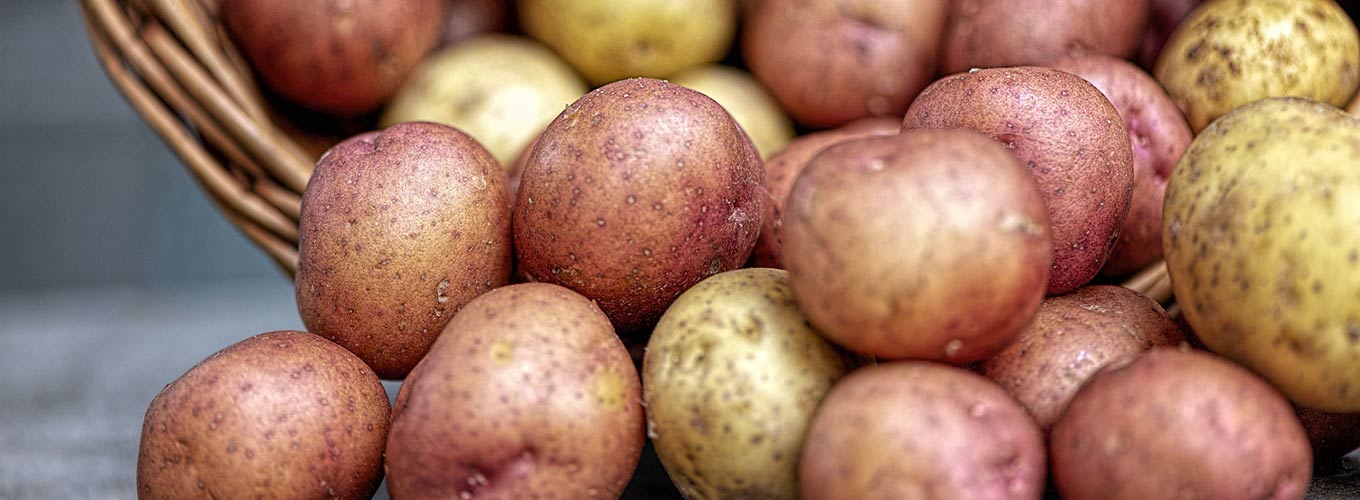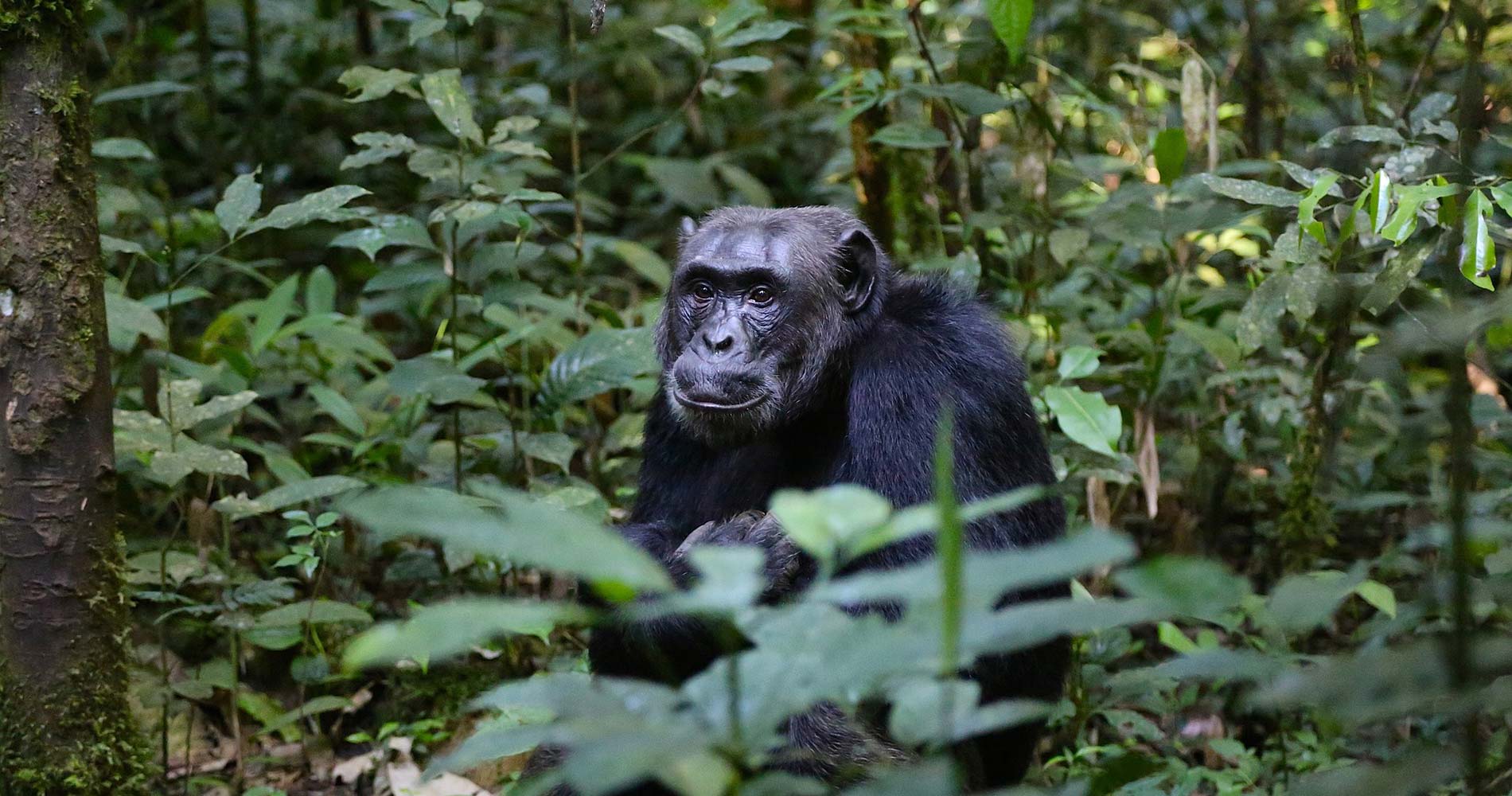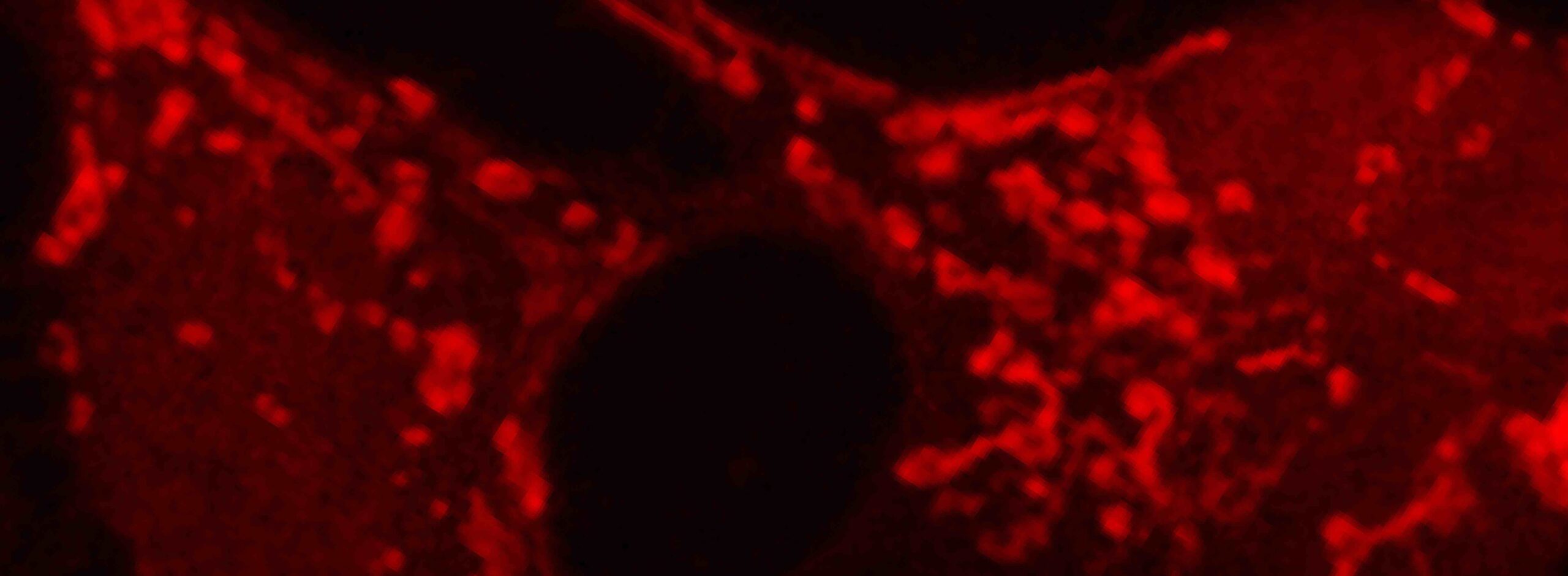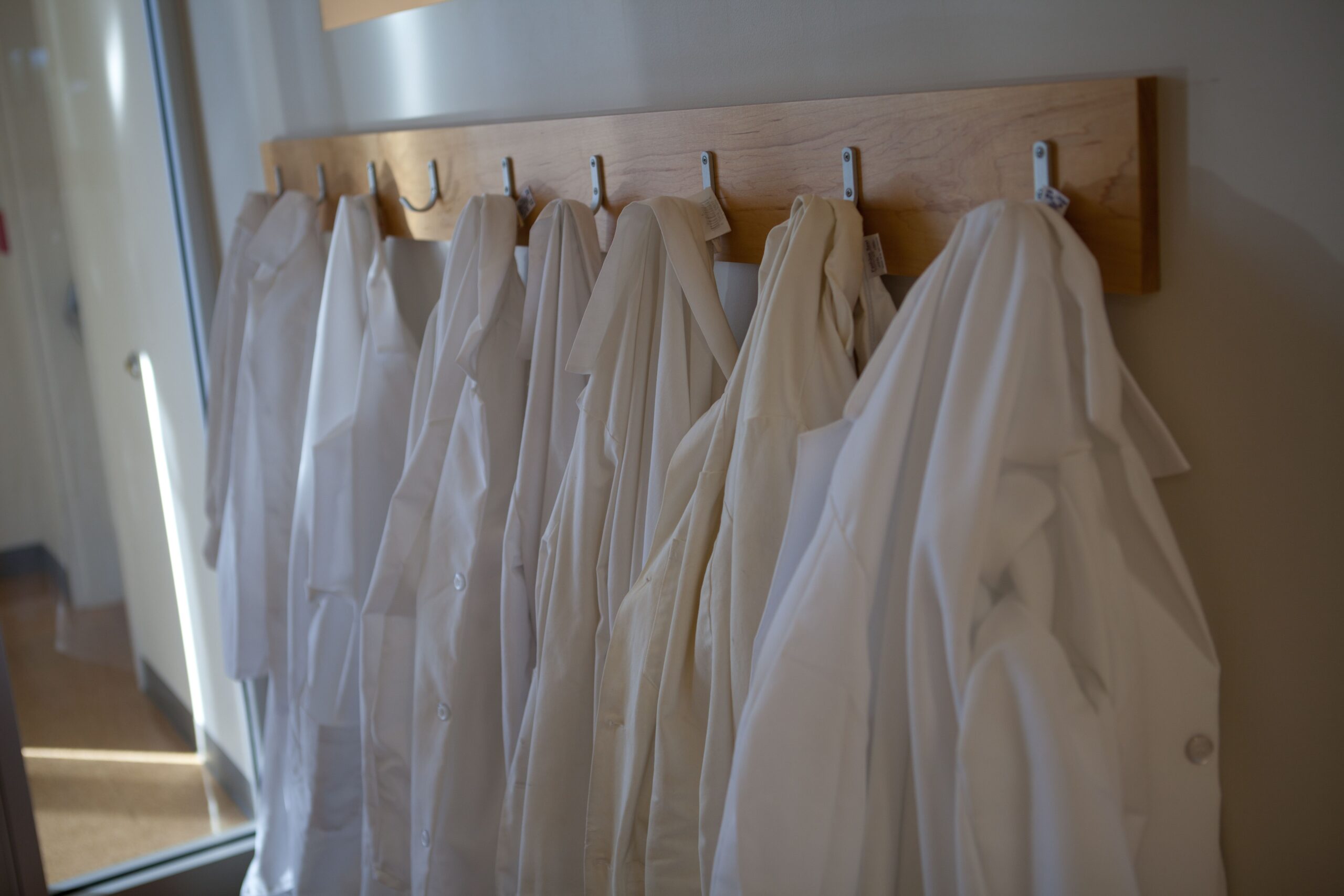
Meet an IGI Scientist: Imtiyaz Khanday
This series introduces the public and fellow researchers to our talented scientists. We interview different IGI members to find out who they are and what makes them passionate about science.
Imtiyaz Khanday is an Assistant Professor of Plant Sciences at the UC Davis. He is also IGI’s 2021 SKCF Faculty Scholar. Khanday’s work focuses on engineering plant reproductive biology for sustainable agriculture.
Where are you from?
I grew up in this very tiny country called Kashmir Valley, which is cold country, but I was raised on farms and orchards, so plant science has always intrigued me. My family does rice farming and apple orchards. That’s what we have.
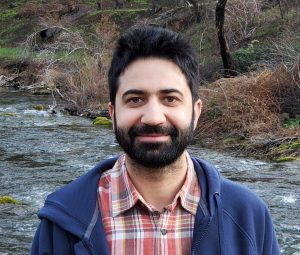
I’m a first generation from my family who got educated. This has always fascinated me, the stories of how people can come from a background where there isn’t much science going on in your family, but then they go on to become top scientists. Those stories have been my inspiration.
What do you like to do besides scientific research?
If I am not here in the lab, I would be wandering somewhere in the wilderness, depending on the season here in California. This has been a blessing for me. You could find me somewhere in the desert, up the mountains or on the coastline.
Do you have any funny memories of lab work or fieldwork?
Oh gosh, yeah. I once left a UV lamp on in a laminar flow hood and I actually damaged my cornea, so I was blindfolded for three days. And then when I went to the doctor, to get the blindfold removed, I was waiting outside, and I had my two other friends with me, and they’re like, “Everybody here is saying, oh my God, this guy, his eyes are never going to heal.”
Then I went in, the doctor removed the blindfold, and I came out of the doctor’s room and I was just fine. And everybody’s smiling and cheering and saying, “What the heck? We thought he was blind just like 10 minutes back, but he’s fine now!”
What do you see is the role of science in the community?
Well, to make life easy for everyone, I would say.
It is sometimes difficult explaining science to people who are not scientists. In my case it has been easy with this technology I am working on with potatoes, because you can easily tell them the benefits of it. There’s a few clear benefits to farmers with potatoes that can be grown from seed: they wouldn’t be wasting crop, first of all, and then they would potentially have less of an issue with the pathogens. The basic science part is usually sometimes difficult to explain, but people understand when it affects real people.
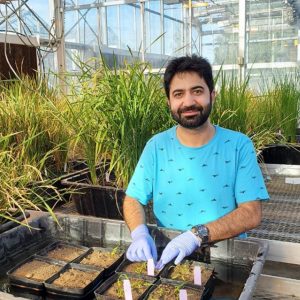
If you hadn’t become a scientist, what would you have wanted to do?
I probably would have been a cricketer. I was good at it. I do not play much now but I still follow the sport like religion.
What inspires you?
I would say the fact that my work is probably going to benefit a lot of people in the world, especially people in the developing countries. That’s what motivates me and keeps me going.
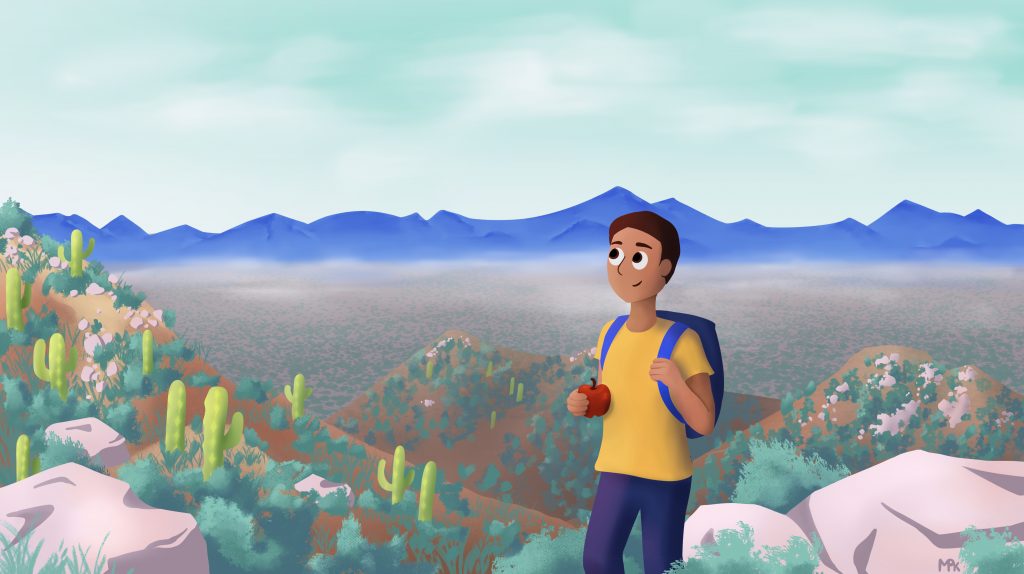
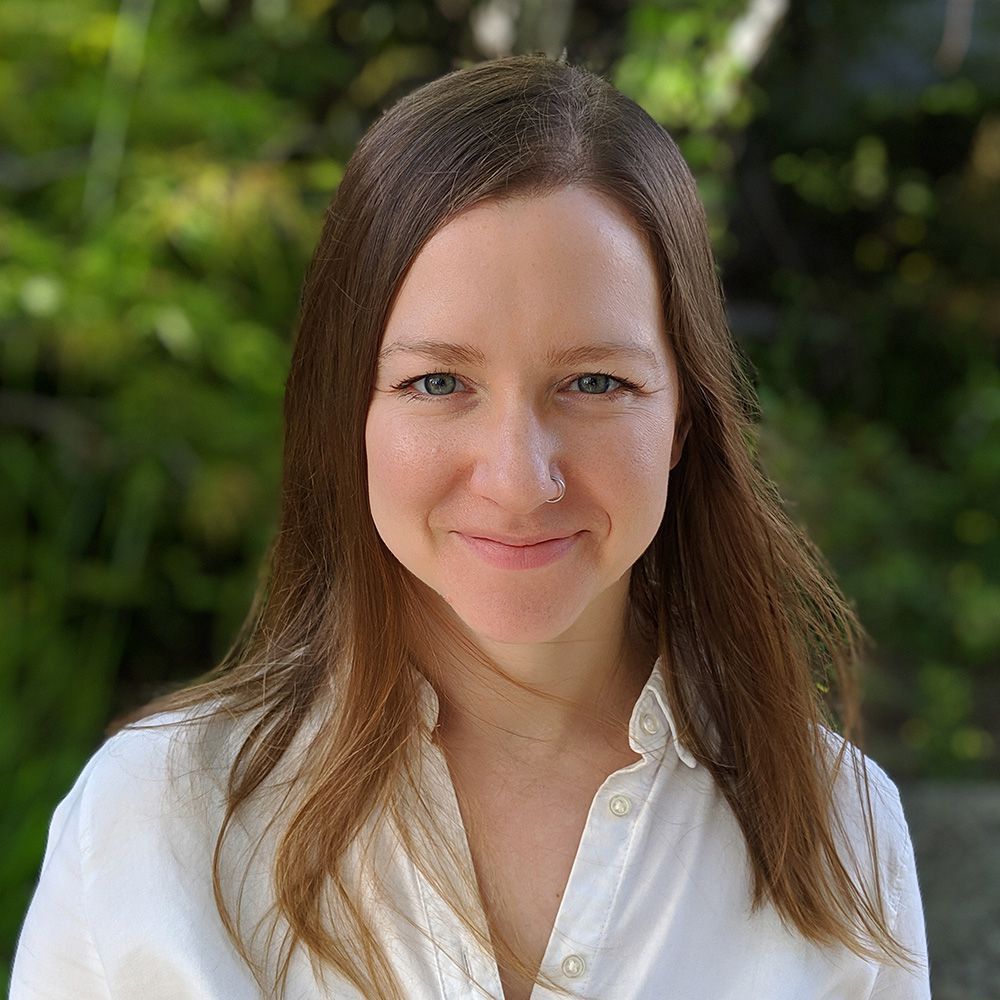 By
Hope Henderson
By
Hope Henderson
